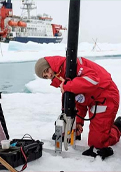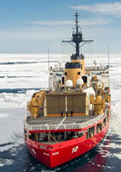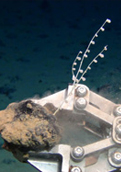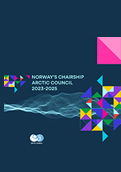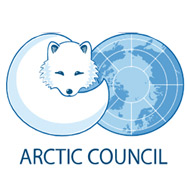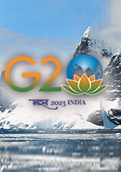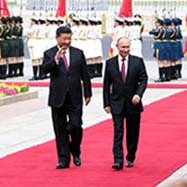The Imperative of Reviving Cooperation in the Arctic
There is an imperative need to revive cooperation in the Arctic to tackle global and regional challenges such as climate change, nuclear waste, among other issues.
- Bipandeep Sharma
- December 03, 2024


